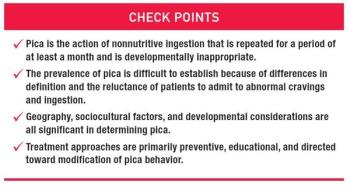
Psychiatry is changing so rapidly that it seems impossible to predict 1 year ahead, let alone 10 years. In 1967, when my psychiatry training ended, the community psychiatry movement had just begun, DSM-II was in the works, and the biological revolution was still around the corner.
